For about half a century now, South Asia has enjoyed independence and constitutional rule, but many countries have inherited a plural legal system as a legacy of colonialism. In all five counties of the region, constitutional guarantees of equality and non-discrimination are confounded by discriminatory personal laws that institutionalize gender inequality. Contributors to this volume address this problem from the perspective of countries that are statedly democratic and secular, as well as those that are theoretic, and from the experience of maintaining plural legal systems. Specifically, the questions they pose are: has the adoption of secular constitutions in these countries, with guaranteed human rights, made any difference to the legal status of women? What impact, if any, does the adoption of a secular constitution have on the regime of personal laws? Has the transition from colonialism to constitutionalism in the era of human rights made any difference to the rights of women? Do constitutions that recognize equal rights make any difference to the institutionalized private/public divide? The essays in this volume by distinguished scholars, legal practitioners and human rights activists, address these questions and document efforts by women’s groups to find solutions within a human rights framework. By doing so, they highlight the striking universality of women’s inequality in South Asia, and the failure of our states to secure political and human rights for their female citizens.
Sexual Harassment At Workplace
$29.70
$33.00

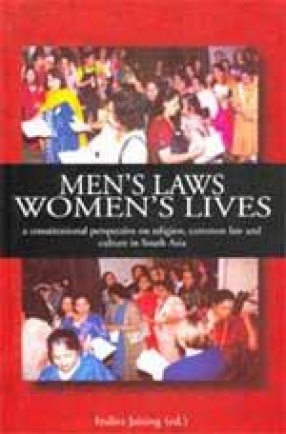
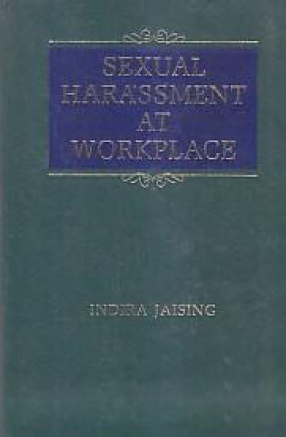
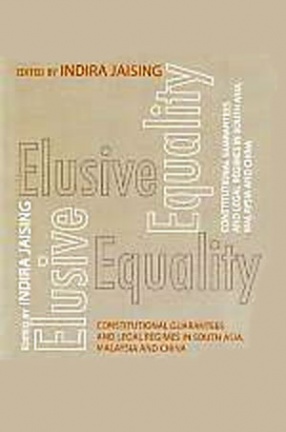
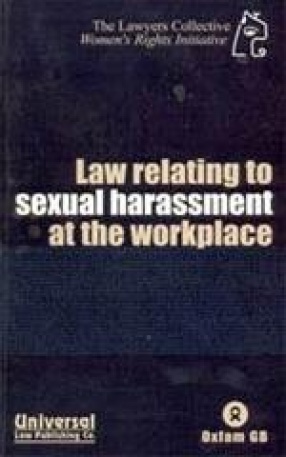
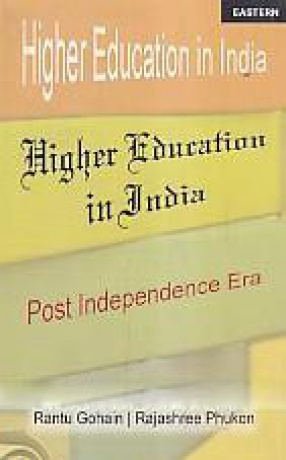
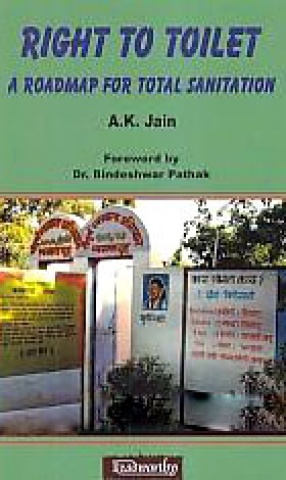

There are no reviews yet.